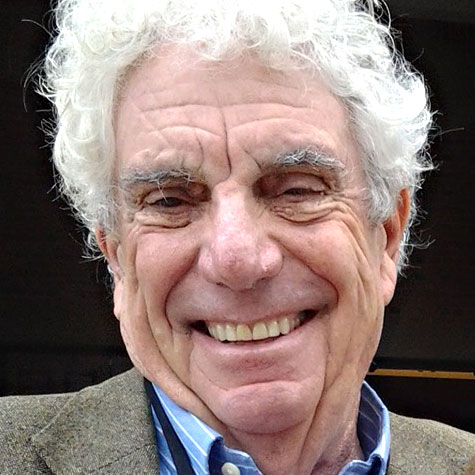As Antonio Villaraigosa campaigns for mayor in the Jewish community, he will face the same big question asked by all non-Latino voters: Are you too Mexican?
The question is especially important to Jews, because our community’s long-time relationship with Latino and African American Los Angeles has been a powerful force in the city’s history.
Actually, it’s doubtful anyone will ask Villaraigosa this question outright at a public meeting. The question will be voiced in the comparative anonymity of talk radio and the blogosphere. But, if past election campaigns mean anything, Villaraigosa’s ethnicity will be lingering somewhere in the back of the minds of even those who don’t follow the blogs or listen to talk shows.
His opponent, Mayor James Hahn, turned Villaraigosa’s ethnicity against him four years ago with a television ad that made him out to be an associate of south-of-the-border drug dealers. Since then, Hahn has compiled a record to campaign on: beating Valley secession; hiring our excellent police chief, William Bratton; and standing up for the impoverished, politically weak, largely Latino, immigrant victims of the brutal Rampart- scandal cops. However, with his reputation damaged by allegations of misdeeds by associates, the fear of losing may persuade the mayor to return to the same questionable tactics he used against Villaraigosa in 2001.
If he does, he’ll be hoping a majority of voters share a misconception of Los Angeles life in general and take a gloomy, narrow view of race relations here.
Being a glass-half-full kind of person, I take a hopeful view. Despite having covered two riots and innumerable dustups, I know that various ethnicities in Los Angeles can find common ground and share common American values.
A reminder of that occurred last week with the death of the famous African American attorney, Johnnie Cochran, graduate of Los Angeles High School, which was then almost all-white. He grew up, as Los Angeles Times columnist Tim Rutten wrote, in a city where, despite residential racial segregation, “interracial contacts and friendships flourished…. [Cochran’s] closest personal friends were white and Jewish. It simply never occurred to him that those friendships were in any way precluded by his abiding concern for the African American community.”
Another reminder was at a March 19 dinner, where the Southern California Library for Social Studies and Research honored Larry Aubry, an African American community leader who, in many roles, has been a fighter for civil rights and for collaboration among Los Angeles’ ethnicities. I remember him particularly from the tough days before, during and after the ’92 riot, when, as a member of the Los Angeles Human Relations staff, he courageously hit the streets day and night, a peacemaker in an incredibly tangled and explosive situation.
The library itself is an example of multiethnic cooperation on the left. It was founded during the McCarthy era by Emil Freed to house his and others’ collections of leftist political material. Its files tell the story of Jewish-Latino-African American cooperation in battles for civil rights and labor rights from the Great Depression onward.
But cooperation does not occur only on the left. The most important cooperation, as I was reminded last week, occurs in the broad center.
I was in Sacramento, participating in a Latino Legislative Caucus’ academy for elected officials. The program was conceived by one of Los Angeles’ most unappreciated politicians, Richard Polanco, who represented the city in the state Assembly and state Senate for many years.
Polanco came up with a political strategy that elected so many Latinos to the Legislature in the 1990s that the Assembly got a Latino speaker, Cruz Bustamante, in 1997. Villaraigosa was also speaker, and the office is now occupied by Fabian Nunez. Polanco himself was Senate majority leader before term limits retired him.
I followed the strategy when I was at The Times, and it was a real education in the nature of Latino California.
California had been fed news stories of Latino gang members, illegal immigrants storming the border, school dropouts and impoverished, broken families. Polanco understood that large numbers of Latinos were as he was — middle-class Californians with strong family values and educational and economic drive. They had the same interests as the rest of California: better schools, safe neighborhoods, good jobs.
He and his colleagues recruited Latino candidates from the middle class. They delivered this message and won in predominantly Anglo districts.
It was, and is, a very American story, familiar to anyone with immigrant roots. Upsetting as it may be to ethnic nationalists or leftist theorists, most people aspire to the good old American middle-class dream.
That was Villaraigosa’s dream as he moved up the economic and professional scale. No, he’s not too Mexican. If you were a left-wing radical, you’d say he’s too American.
Bill Boyarsky’s column on Jews and civic life appears each month. Until leaving the Los Angeles Times in 2001, Boyarsky worked as a political correspondent, a metro columnist for nine years and as city editor for three years. You can reach him at bw.boyarsky@verizon.net.






















 More news and opinions than at a Shabbat dinner, right in your inbox.
More news and opinions than at a Shabbat dinner, right in your inbox.